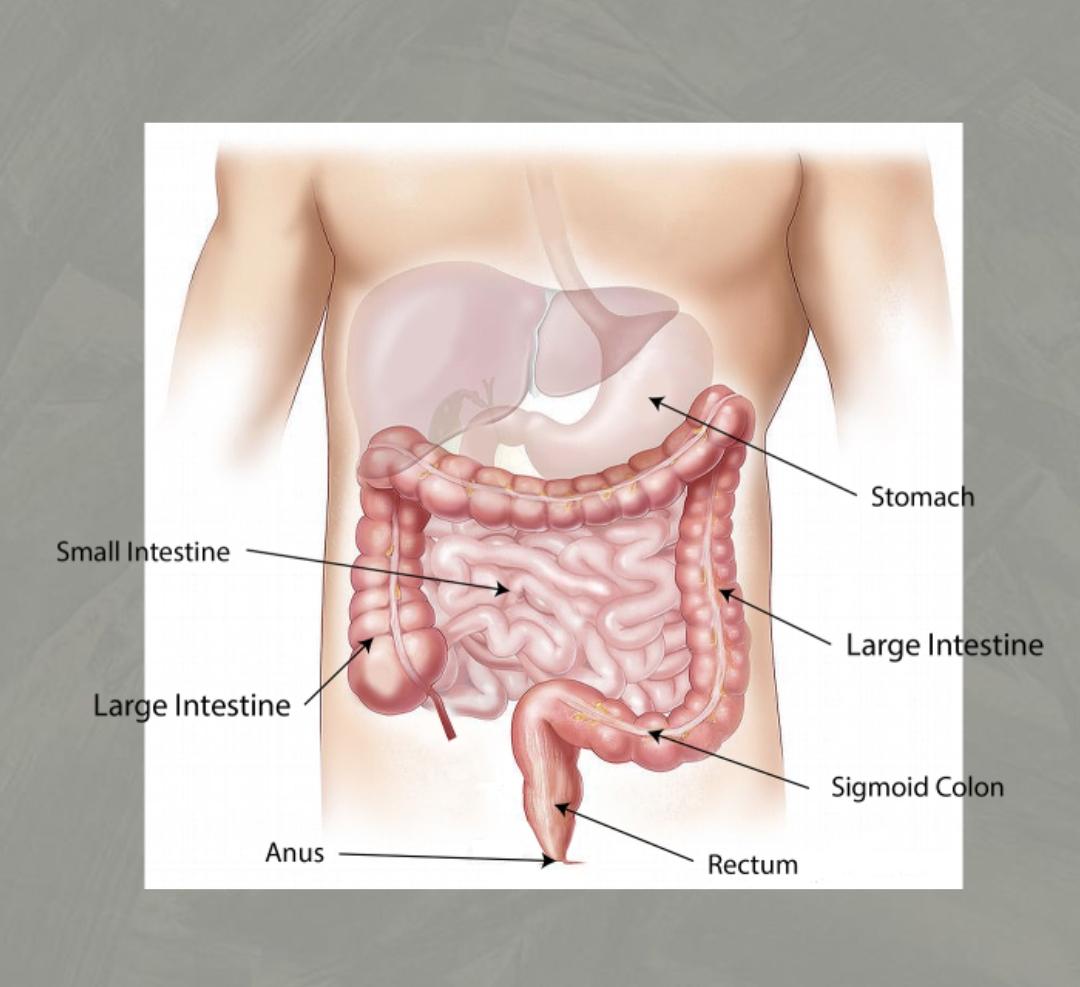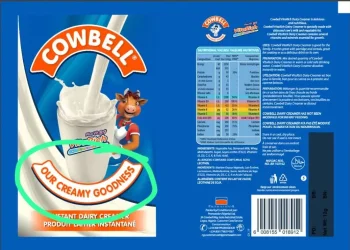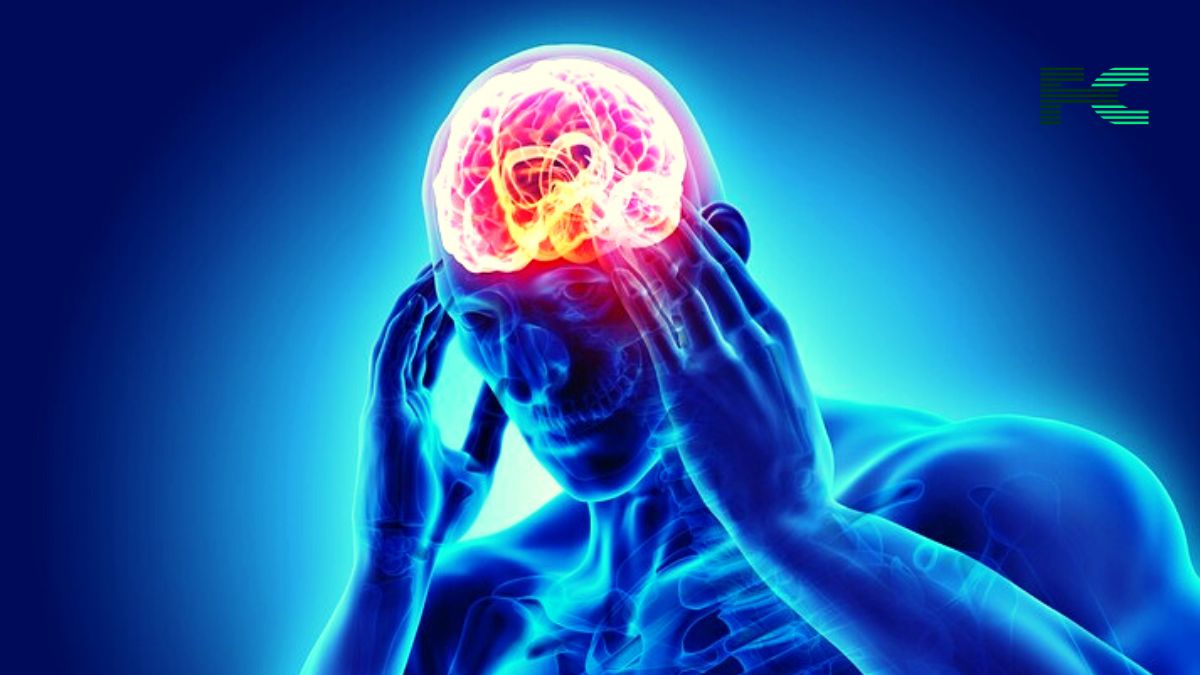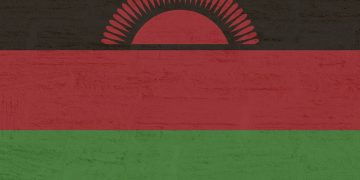Heartburn is the burning sensation in the chest which is caused by stomach acid moving up into the esophagus (a tube structure in the digestive system). The feeling of heartburn is completely different from that of a heart attack.
Heart attack occurs when there’s a blockage of blood flow to the heart due to a clot in the heart arteries. This causes intense chest pain, shortness of breath and their symptoms. Heartburn stems from a completely different cause than a heart attack. In this article we will look at the causes and triggers of heartburn.

What Causes Heartburn?
There are different types of esophagus namely: upper esophageal sphincter (UES), cervical esophagus, thoracic esophagus, abdominal esophagus, and lower esophageal sphincter (LES). Each of these types plays a distinct role in aiding in the digestion process. The lower esophageal sphincter (LES) is sort of a ring but is made up of muscles located at the junction of the esophagus and stomach.
The LES is a one that just allows food and liquid to enter the stomach. When the food enters the stomach, the LES closes to prevent stomach acid like acid from flowing back up into the esophagus.
When the LES is weak or has problems closing properly, stomach acid flows back into the esophagus causing a condition called acid reflux. This backflow of stomach contents, particularly stomach acid irritates the lining of the esophagus which causes a burning sensation in the chest, the one referred to as heartburn.
What Are The Habits That Increase The Chances Of A Malfunctioning LES?
When it comes to factors that weaken the Lower Esophageal Sphincter (LES), there are various aspects to consider.
The first is dietary aspects. Eating spicy meals like chili peppers or hot wings, fatty foods like cheese burgers, deep-fried chicken, and citrus foods like lemon and lime can cause heartburn symptoms. These kinds of foods irritate the lining of the esophagus and relax the lower esophageal sphincter, causing acid reflux.
Furthermore, things like lifestyle, obesity, smoking, and wearing tight-fitting clothing can all put pressure on the abdomen which can lead to a weakened LES. During pregnancy, the growing uterus in the pelvic cavity located in the lower abdomen region puts pressure on the stomach. This pressure can pause the stomach acid up into the esophagus. Hormonal changes during pregnancy can also relax the LES, allowing stomach acid to flow back up more easily, leading to acid reflux.
In addition, medical conditions like hiatal hernia which causes upward movement of the stomach can weaken the lower esophageal sphincter. Also medication like ibuprofen and aspirin has the ability to irritate the wall lining and cause acid reflux.
Bottom Line
Heartburn is the burning sensation in the chest which is caused by stomach acid moving up into the esophagus. The feeling of heartburn is completely different from that of a heart attack. They both stem from completely different causes.
Heartburn is the backflow of stomach contents, particularly stomach acid which irritates the lining of the esophagus, causing a burning sensation in the chest. Diet, lifestyle, and pregnancy can trigger irritation in the esophagus, leading to acid reflux.

















